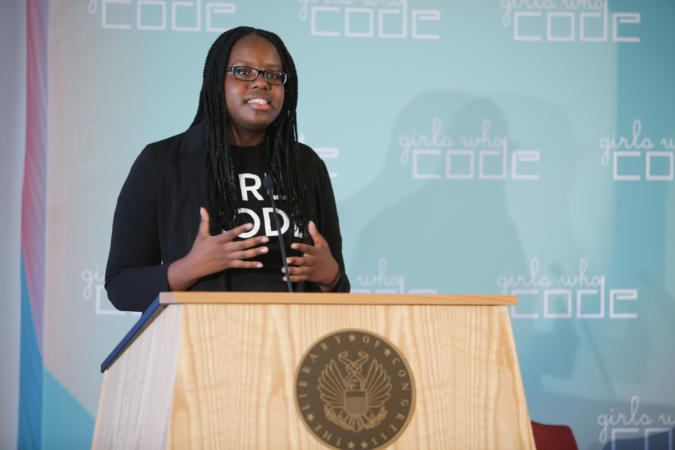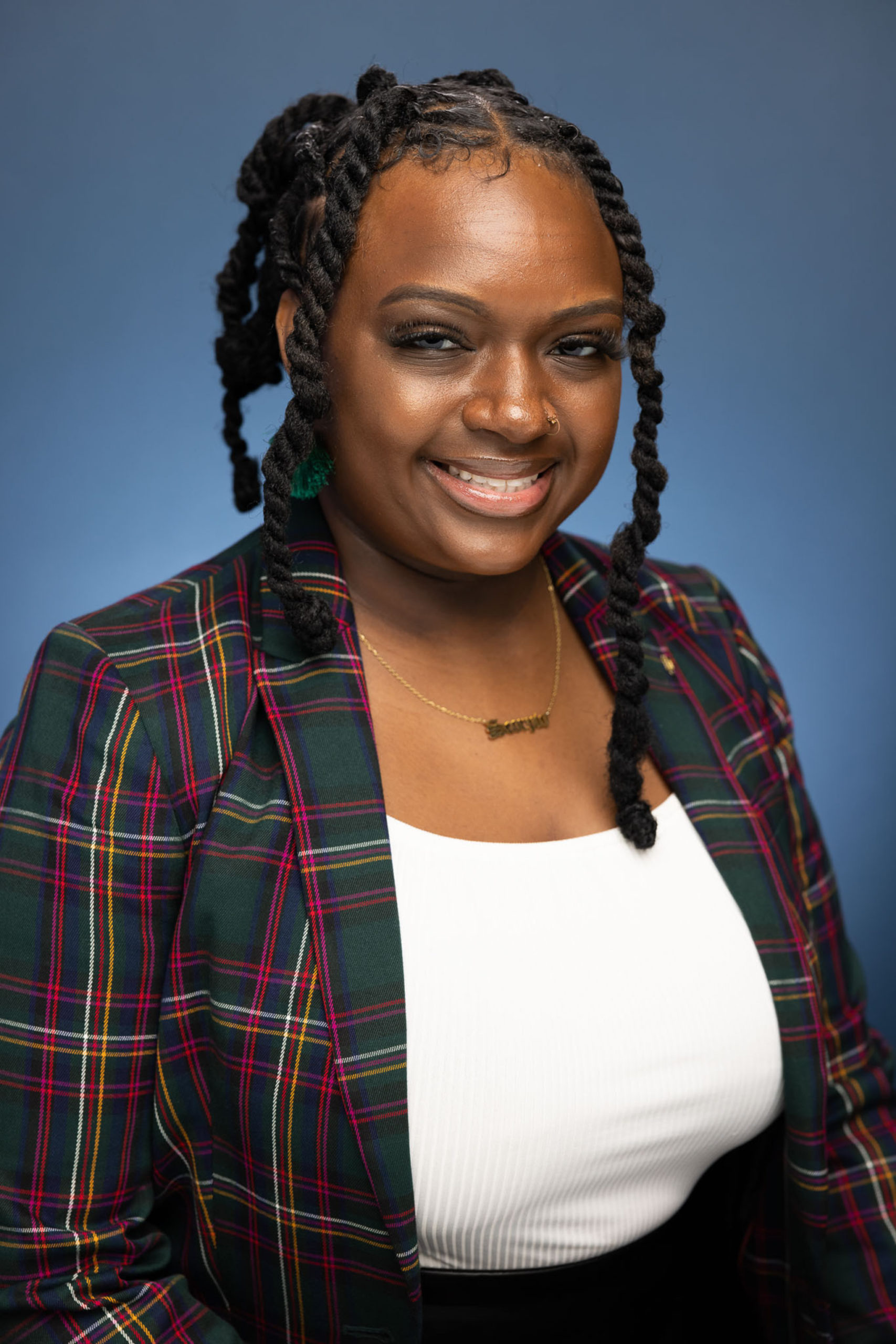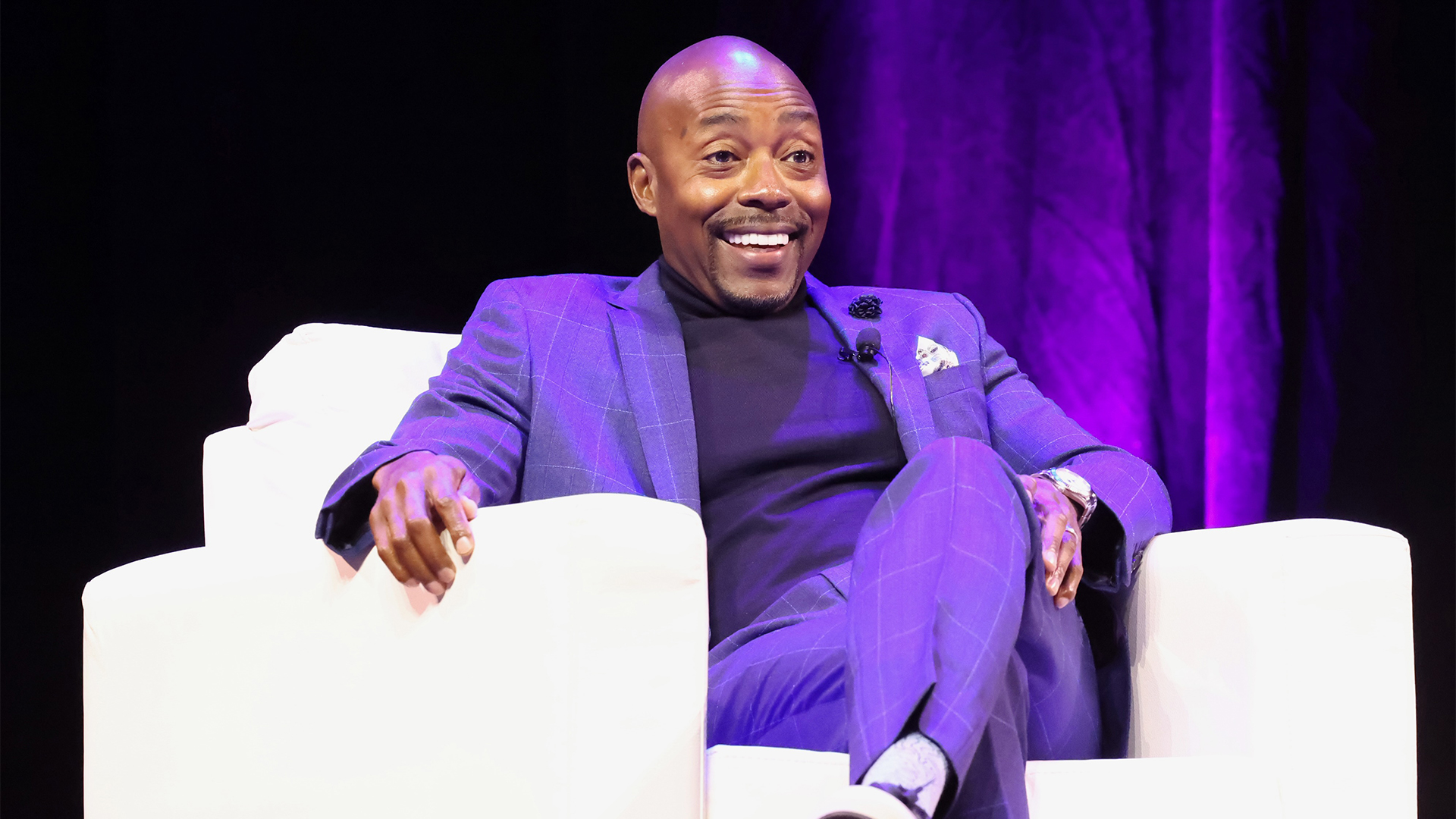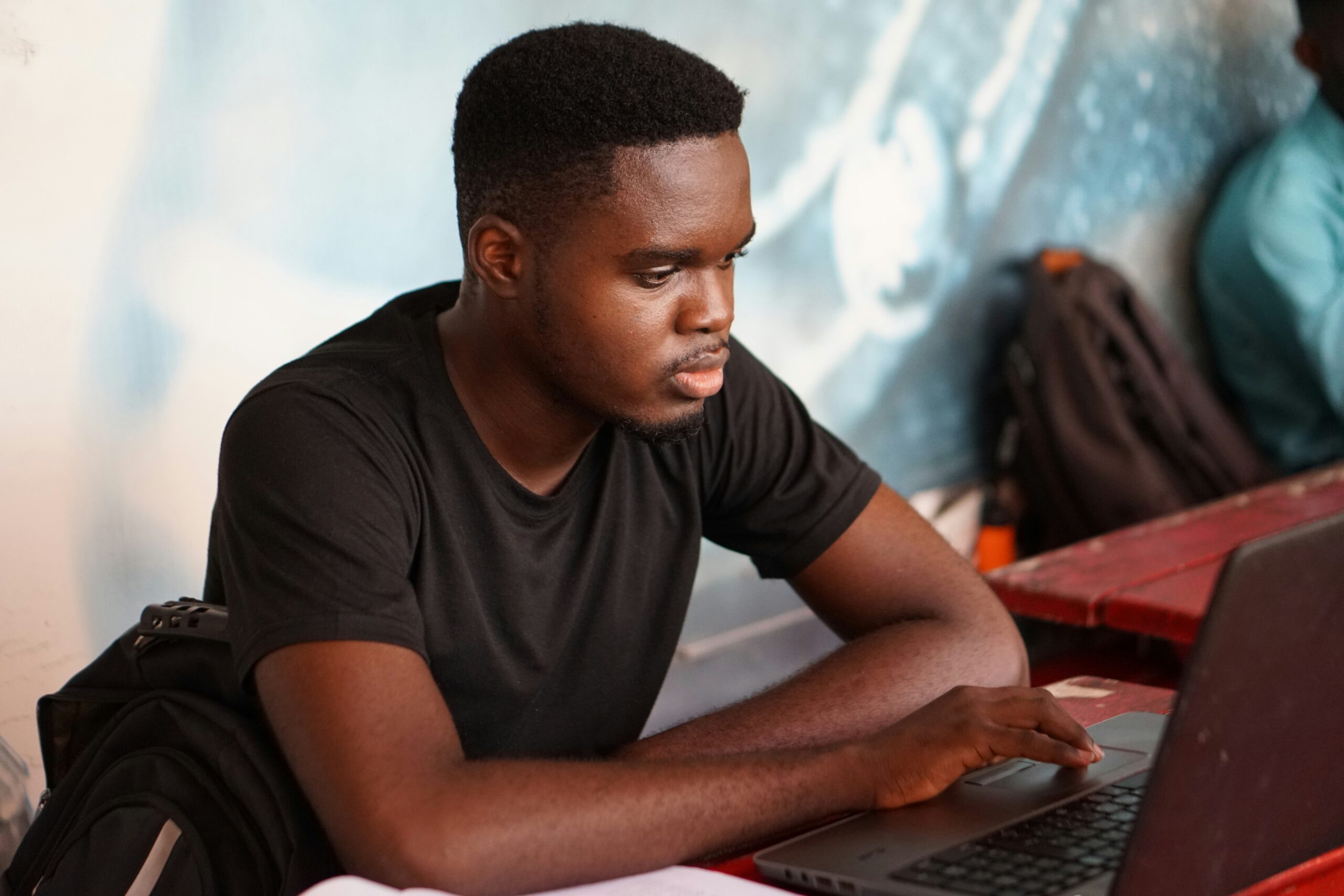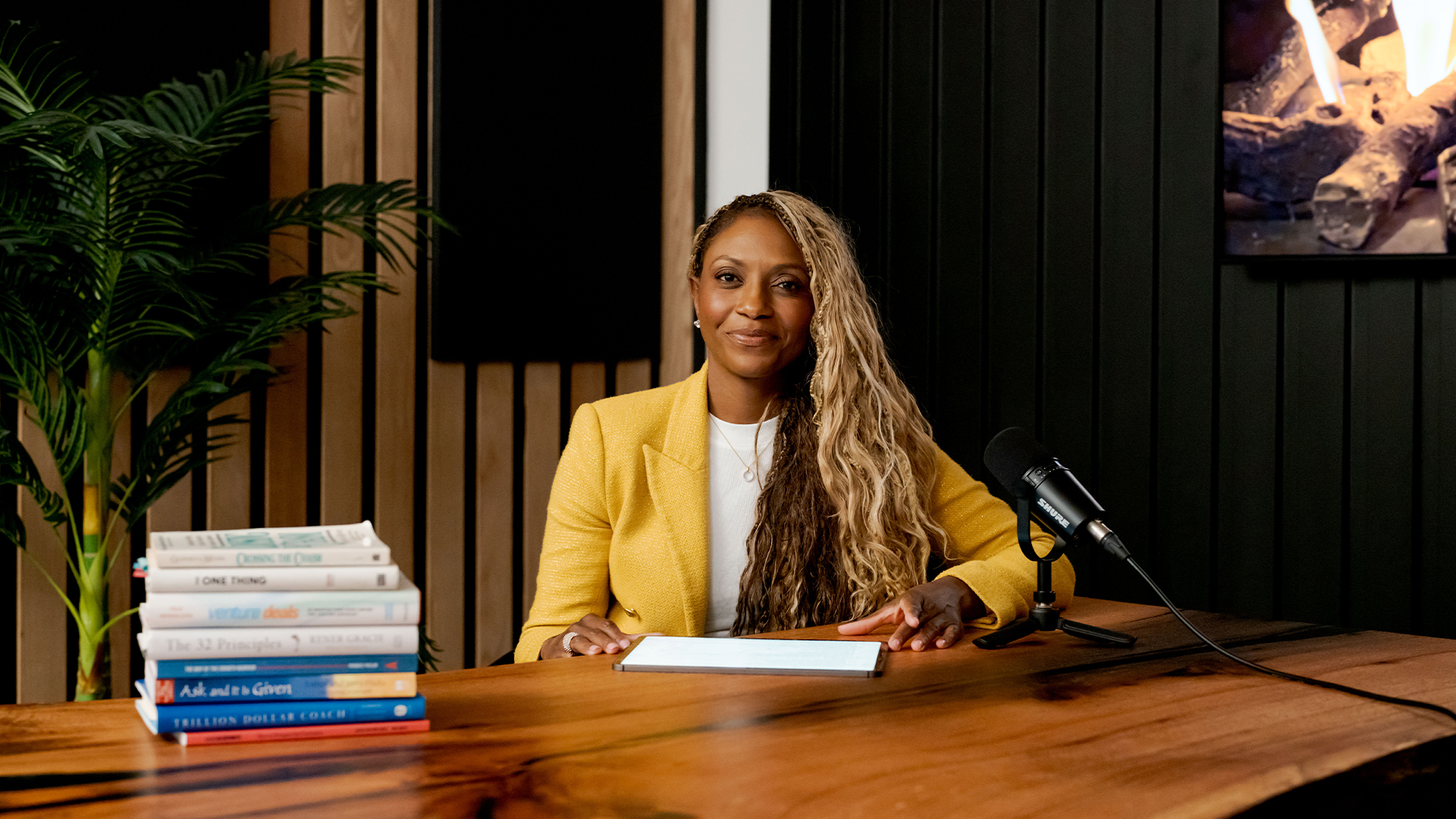“I care a lot about preparing things for the future, but at the same time I honor those who’ve come before me and recognize the sacrifices that they made.”
KaYesu Machayo, 21, didn’t necessarily set out to pursue a career in STEM, but attributes her interest in the field to those who paved the way like Katherine Johnson — the hidden figure responsible for not only putting an astronaut into orbit around Earth, but helping to put a man on the moon too.
Machayo is a daughter of the generation that Johnson made leaps for.
As a Girls Who Code, alum, Machayo has an interest in using technology not only for social good, but to also close the gender gap and create things that make the world a more equitable place.
Girls Who Code is a national non-profit organization working to close the gender gap in technology by using their programs to educate, equip and inspire girls like Machayo with the computing skills they’ll need to pursue 21st-century opportunities.
These are the opportunities that Machayo herself continues to pay forward as the leader of the Girls Who Code College Loop at George Washington University where she is a junior studying computer science.

This interview has been edited for clarity and length.
AfroTech: What led you to Girls Who Code?
KaYesu Machayo: I love Girls Who Code. I did the program the summer after my junior year and at the time I had researched and applied to a ton of programs, and they were the only organization to accept me. The reason their program stood out was that not only did I get to spend seven weeks during the summer at a tech company, but it was also free and that was so accessible. It was such a wonderful experience because I didn’t have any previous coding experience.
AfroTech: So cool! What was your favorite part of that experience?
Machayo: I actually did my final project on the summer immersion program which I called ‘Read & Rights.’ I created a small database for the program about women in STEM whose inventions and lives have made a difference, women who aren’t talked about in school. Women like Katherine Johnson and Mary Jackson and others who are an inspiration to look up to.
AfroTech: Talk about women who were trailblazers! Is there anyone in particular that you saw yourself within that continues to inspire you today?
Machayo: Great question. Initially, my first inspiration in technology was Katherine Johnson and this was prior to “Hidden Figures.” The movie ended up coming out the fall after I completed the Girls Who Code program. During my final project, I read about her story and her life and that at the time, she was still alive.

What really resonated with me was her resilience. She had a lot of personal life challenges, but she was resolved and I think that sometimes being resolved doesn’t always make sense from the outside looking in. Katherine Johnson was confident in what she provided and who she was and what she knew and was willing to endure it all and continue in her work.
She’s always inspired me to keep going because sometimes it’s not about how your work is going to impact not only yourself, but other generations to come. I also attribute this to my mother, who came here as a refugee from Uganda when she was 19. She didn’t know anything about American culture and while she had to adjust, she too was resolved and continued to celebrate her culture. She taught my siblings and me about who we are and how to continue to build for generations to come.
AfroTech: Wow, we love to hear how both women have inspired you in your journey today. Speaking of your journey, what is something you wish to invent or do in the tech space?
Machayo: Wow. That’s something that I’ve been thinking about more and more now that I’m in my last two years of college. What I would like to do is go into the intersection of education and tech practices. I want to make sure that what we are creating is not just for a specific group of people, but rather that everyone has access to products and that these products aren’t created in a way to manipulate users. I hope to use my voice and my career to drive more equitable and ethical tech practices.
—
Remember the name KaYesu Machayo, and click here to continue to follow her journey.
